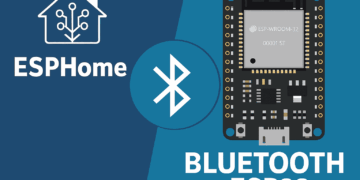This session covered some high level Clould Director best practices, by Spencer Cuffe (VMware). It was short session without a lot of detail, but for what it’s worth here are a few notes:
- Pre-Reqs – One cell per vCenter, NTP across all devices, one vCNS per vCenter, one provider vDC per vSphere Cluster
Planning
- There is no one size fits all solution
- There are some things very challenging to change post-development
- Allocation models: Changing may require powering down VMs to apply limits/reservations
- Storage tiering is important (capacity, tiers, I/O requirements, fast provisioning [don’t use it everywhere])
- Networking: Configure external network first, then configure DVS first
- IP addressing withing the VM will require power cycle if changed
- VXLAN: Plan for it and prepare vCNS with it first
- Use distributed switches for everything
vCloud Director Use Cases
- Hosted/Public Cloud – Customer isolation, catalog isolation
- Development – Consistency, on-demand environments
- Testing – Dev, IT, vendor packages, etc.
- QA – Pre-prod clean environments
- Support desk – Test in isolated environment
- Private/Hybrid Clouds
Resources
- Storage gets used quickly
- Services: DHCP, DNS, NTP, etc.
- Who is responsible? Administrators, organization admins, template maintenance, firewalls, remote access, etc.
- Access to VMs? Jump box, remote console, SSH, etc.
Redundancy and Maintenance
- Load balance cells
- VMware vCenter heartbeat
- Consider VMware FT/HA for vCNS
- Use maintenance mode when doing maintenance on a cell
- Use “Display debug information” to dig deeper into error messages
- Configure syslog to capture all the activities centrally
Using vCD
- Set HA host failures to a percentage instead of N+1
- Use VMware Orchestrator to automate common tasks
- When using fast provisioning, end users should have a limited lifecycle for vApps.




